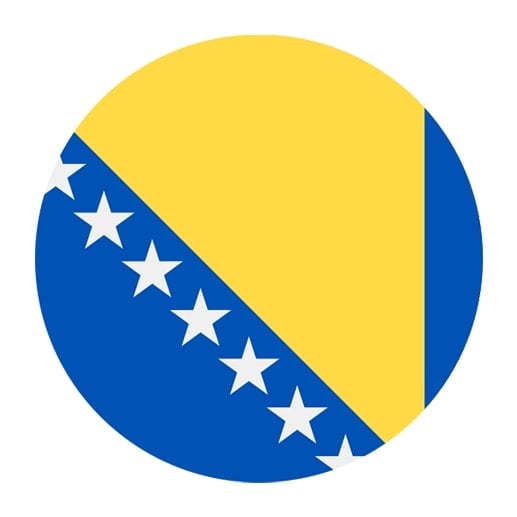Bosnian Grammar
Unlock the rich and expressive world of the Bosnian language by mastering its grammar essentials. A solid grasp of Bosnian grammar will help you communicate confidently and appreciate the culture more deeply. Start learning Bosnian grammar today and take your first step toward fluency!
Get started
The most efficient way to learn a language
Try Talkpal for freeBosnian Grammar: A Guide to Understanding its Unique Features
Are you learning Bosnian and finding yourself puzzled by the language’s grammar? Fear not! In this article, we’re going to dive into the mysteries of Bosnian grammar and help you understand its unique features, all while keeping it simple and engaging. Ready to embark on this exciting linguistic journey? Let’s get started!
The Fundamentals: Nouns and Pronouns
First things first, it’s essential to know that Bosnian, like other Slavic languages, has three grammatical genders: masculine, feminine, and neuter. How can you tell which gender a noun belongs to? That’s easy! It’s all about the ending. Here’s a quick guide:
– Masculine nouns typically end in a consonant,
– Feminine nouns usually end in -a,
– Neuter nouns most often end in -o or -e.
Keep in mind these are general rules, and there might be exceptions. Now let’s talk about pronouns. Personal pronouns in Bosnian change according to the noun’s gender, number (singular or plural), and case (more on cases later). There are seven personal pronouns in Bosnian: ja (I), ti (you, singular/informal), on (he), ona (she), ono (it), mi (we), and vi (you, plural/formal). Remember that Bosnian has both an informal and formal way of addressing people – so make sure you use the right pronoun when speaking to someone!
Next Up: Verb Conjugation
Verbs are the backbone of any language, and Bosnian is no different. Bosnian verbs have two main conjugation patterns: one for the verbs that end in -ti (first conjugation) and another for those ending in -ći (second conjugation). In both cases, the verb endings change based on the subject’s gender, number, and tense.
Speaking of tenses, Bosnian has three simple tenses: present, past, and future. The present tense is formed by adding specific endings to the verb stem. The past tense, on the other hand, is formed using the auxiliary verb “biti” (to be) in the infinitive form “bio” and the past participle. Finally, the future tense is created by combining the auxiliary verb “htjeti” (will) and the infinitive form of the main verb.
The Magic of Cases
Bosnian grammar employs a case system, which means that nouns, pronouns, adjectives, and sometimes even verbs change their forms according to their function in a sentence. There are seven cases in Bosnian: nominative, genitive, dative, accusative, vocative, instrumental, and locative.
Now, don’t let these terms intimidate you! It’s just a matter of practice. Each case serves a particular purpose and answers specific questions:
1. Nominative: The subject of the sentence. Who or what is doing the action?
2. Genitive: Indicates possession, origin, or a part of something. Whose or of what?
3. Dative: The indirect object – to whom or for whom something is given or done?
4. Accusative: The direct object – who or what is receiving the action?
5. Vocative: Used to address someone or something directly – Hey, you!
6. Instrumental: Represents the means or method of the action – with what or by whom?
7. Locative: Demonstrates the location or position of something – where or at what?
Loving the Adjectives
Adjectives in Bosnian agree with the noun they modify in terms of gender, number, and case. This means that adjectives, just like nouns and pronouns, have different forms depending on the noun they describe.
For example, if you want to say “big house” in Bosnian (which is a feminine noun), you would say “velika kuća.” However, if you’re talking about a “big car” (masculine noun), you would say “veliki auto.”
Final Thoughts
Bosnian grammar, with its gender, cases, and verb conjugation, may seem complex initially, but remember: practice makes perfect! It’s all about understanding the system and using it in real-life situations. Be patient, keep practicing, and soon enough, you’ll find yourself mastering the beautiful language of Bosnia. Sretno! (Good luck!)








